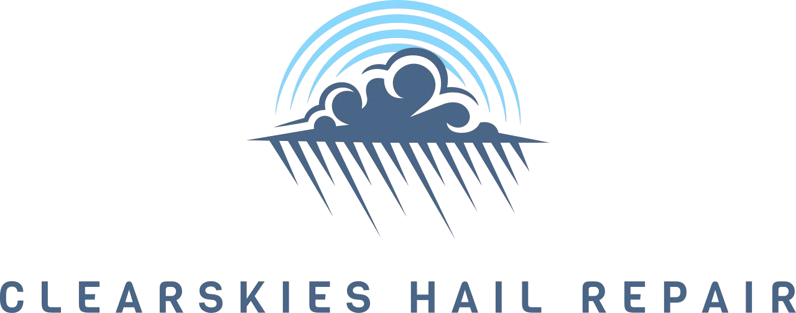Many people are unaware of what events their insurance policies cover and how to claim them if needed. There are a few misconceptions about what insurance policies cover and don’t. That’s why we decided to write this article and clarify some important facts.
Checking Your Insurance Policy
If you take a look at your insurance policy and contract, you will find plenty of important information. Even though these documents don’t have a standard design, they have pretty similar items. There are typically two types of insurance coverage: bare-bone and comprehensive. Bare-bone insurance, as the name suggests, is very limited and only covers the damages you could cause to third parties in case of a collision. These are the most basic types of insurance and won’t cover damages caused to your car or yourself.
On the other hand, most comprehensive policies cover hail damage, but there are some details to consider. If you have comprehensive coverage, check your policy document. They are often split into two sections: “Comprehensive Coverage” or “Collision Coverage”. Sometimes, you may also read “Other Than Collision Coverage.” These sections display a list of the types of non-accidental damage that they cover, which often include hail damage. However, it’s essential to check the “Exclusions”, which are the limitations that may apply to hail damage and other non-collision-related claims.
If you are still unsure, contact your insurance agent or company and ask for specific information about your policy’s coverage for hail damage.
Another thing to consider is whether your policy has deductibles. Most comprehensive insurance policies have “deductibles”, which are often expressed as a flat amount. For example, let’s say that your insurance policy states that it will cover the “full cost” of your hail damage, and your deductible is $500. If you suffer $10,000 in hail damages, your insurance will only pay you $9,500, and you will have to pay the remaining $500 from your pocket.
ClearSkies Hail Repair offers an exceptional advantage by eliminating the deductible cost for our customers. This means that you won’t have to pay anything out of pocket for your hail damage repair. We work directly with your insurance company and our trusted shops, allowing you to get your vehicle restored without any financial burden.
Usually, insurance companies have different deductibles for collisions and comprehensive events, so before filing an insurance claim, it’s essential to do a precise damage assessment and evaluate if it’s worth filing an insurance claim. Considering the average costs of hail repairs, the deductibles are not so high, but it’s always best to know where you are standing.
Will My Rates Go Up If I File A Hail Insurance Claim?
The short answer is no but beware of exceptions. In most cases, comprehensive claims are non-chargeable, which means you won’t see any increase in your insurance fees after filing a claim for hail. There are two reasons why it shouldn’t increase: firstly, unlike collisions, hail is an unforeseen event, and you can’t be held accountable for it. Secondly, the insurance company assesses the risks and calculates the price of your premium according to the area where you live. All the above being said, check your policy’s fine print and contact your insurance company if you have any doubts. Your insurance shouldn’t charge you any extras for a hail incident claim, so consider changing to another company in case you discover your company does.
Wrapping Up
We hope to have brought some light on the sometimes-confusing world of insurance hail damage coverages. If you have any questions, feel free to contact us today. As your experts in hail damage repair based in Dallas/Fort Worth, we are always happy to help you with your insurance claims and questions, and thanks to our broad network of high-quality hail repair experts, we can contact you with the best professionals in the market and take care of your car’s hail issues.

